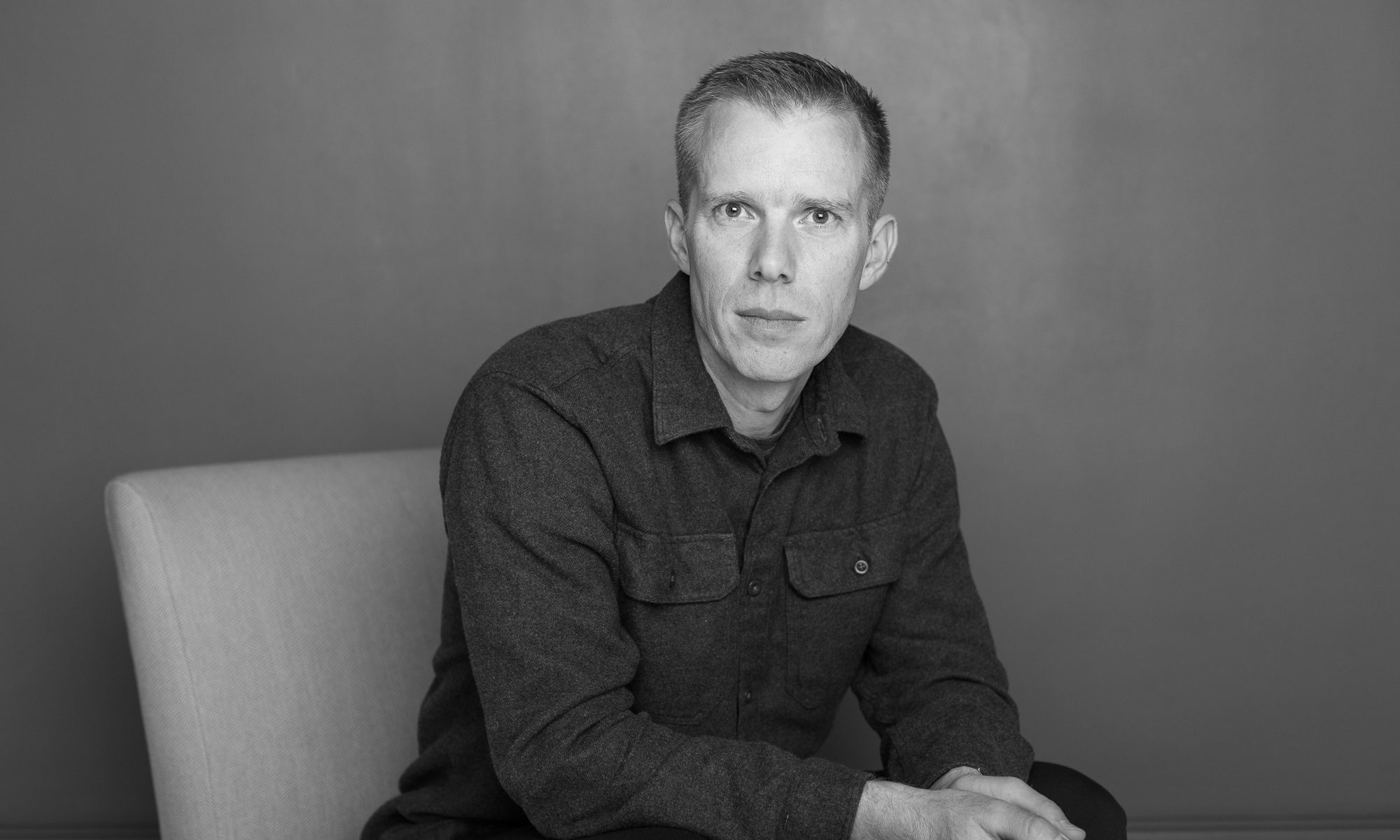Summary: you have options, and your selection of translator matters.
Literary translators don’t exactly grow on trees. However, at least in my main combination, Finnish to English, there are now options. As a result of a number of factors, most importantly perhaps the work of FILI Finnish Literature Exchange, there are now perhaps a half-dozen translators working at least part-time doing Finnish literary translation into English. If we think more broadly, including non-fiction as well as fiction, the number climbs to ten or fifteen.
However, this is a new enough development that many translation clients are still unaware of their options, or in the worst case scenario, don’t believe the selection of a translator really matters.
Literary translation is a creative process similar to the writing of an original work. There are differences of course, since the starting point is an existing work rather than the writer’s imagination, but in terms of the editorial and publication process, life is much easier if we just think of the translator as a co-author who is rewriting the original work. The translated work is a new creation. So, if we’re thinking of the translator as a co-author, it’s pretty obvious that it matters who the translator is. You wouldn’t hire just anyone to be your co-author. For that matter, you wouldn’t even hire just anyone to be your editor or proofreader.
Which brings me to one of the scourges of the translation world: the phrase “native speaker”. There are approximately 375 million native speakers of English in the world. How many of them are competent to edit a work of fiction by a major author? How many of them can even write a professional document? Not many. As a former college instructor, I can attest that being a “native speaker” doesn’t count for much when it comes to the ability to write well. Even within the translation industry (not just literary translation–all translation) there are plenty of native English speakers who I wouldn’t let touch a document I really cared about. Everybody makes mistakes, and no one is the God of Perfect Grammar, but that doesn’t mean anyone should settle for substandard work. Everyone needs an editor and a proofreader, but the editor shouldn’t have to rewrite the whole dang thing.
So how do you choose a translator? The same way you choose anyone else you need to work for you: interview, ask for references, and look at their prior work (actually look at it, don’t just accept that because it was published it must be good). If you’re offering a major project, like a book translation, ask for short sample translations (just 2 or 3 pages) from two or three translators. Longer samples than that you have to pay for, but a few pages isn’t a big investment for the translator.
But wait, you say, I’m not an English language professional myself; I’m not even a native speaker. How can I tell which translator is better for my project?
A non-native who regularly reads English language literature will be able to discern major problems with a translator’s work; however, if you’re serious about your translation project, you need more help.
Next up: Translation Tip #2: Hire a professional English proofreader.

